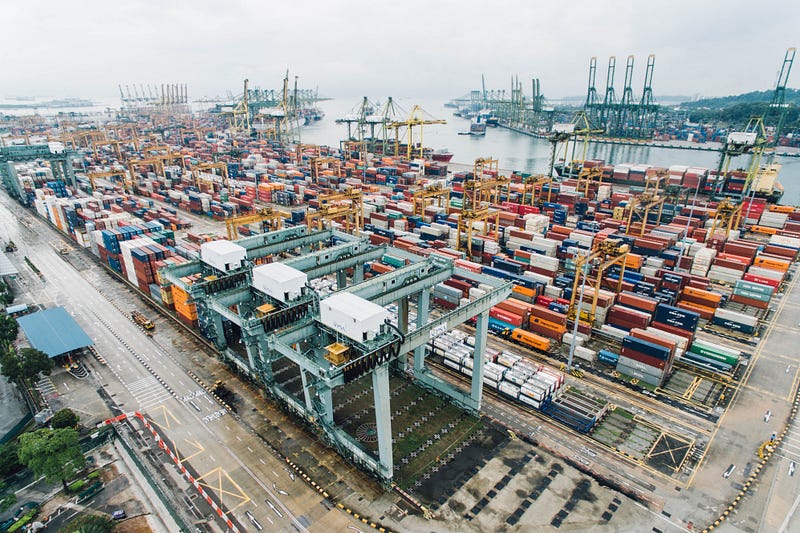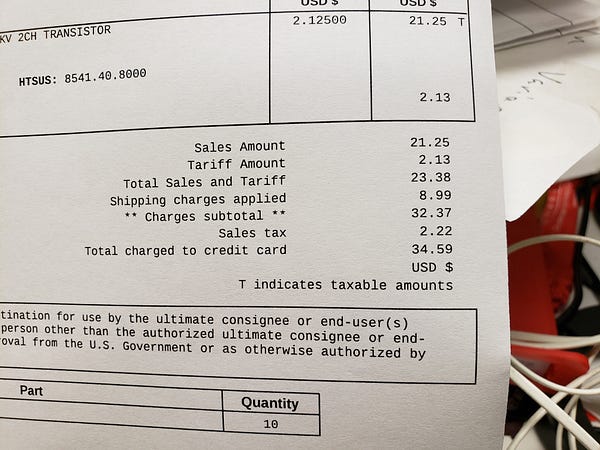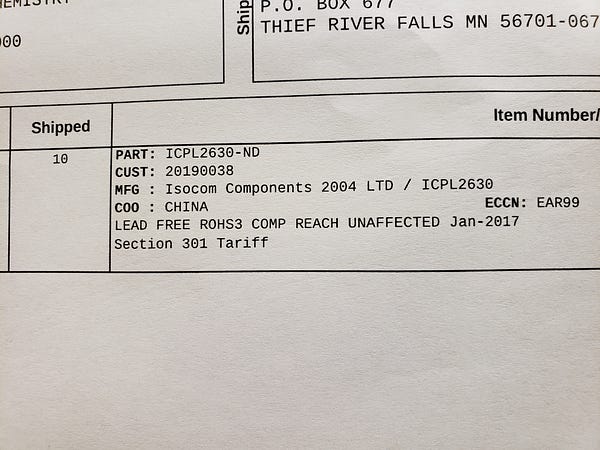There is no denying the fact that each American is living through an unprecedented time in Presidential history. I cannot think of any other time in history that our citizens have experienced the following leadership skills on a national stage: chaotic, dictatorial, and undemocratic. There is no argument in favor of this divisiveness. The blatant display of disrespect for the public office of the presidency is overwhelming. Comedians refuse to have the President on their shows in fear of laughing and disrespecting the office (not Donald Trump). I have been waiting to hear from Activist Ralph Nader on the subject.
Finally, I received the following letter in my email box this morning. A newsletter sent out from Ralph Nader stating the following about these dangerous and unprecedented times:
From Trump Tower to Dictatorial Trump Power Over LawDonald Trump is “dumb as a rock” (to use his phrase) when it comes to the programs and the policies of the federal government agencies over which he is allegedly presiding. However, when it comes to defending and expanding his own political power, Trump is shameless and profoundly cunning.Trump turns accurate appraisals of himself into accusations that he levies at others. Earlier this month, he questioned whether Joe Biden “is mentally fit to be president.” (Read more here)Trump regularly turns appraisals of himself into accusations against others.But Trump has found way to spread his toxicity beyond his lying tweets. He has carefully developed formidable barricades to shield himself from the gathering storm regarding his countless impeachable offenses and other serious misbehaviors.Trump’s remarks, decisions, and asides reveal his plans to stay in office. Trump heaps praise and extra funding on the military. In his travels, Trump likewise incessantly praises the police regardless of the situations there. Trump has openly said these constituencies are the core foundation against his adversaries that will keep him in office. His White House will keep the military and the police very well endowed.He also makes sure that big business is happy with him. Some of the bosses are getting anxious about the uncertainty associated with Trump’s use of tariffs and his caustic remarks about leaders of the countries where U.S. companies do business. However, Trump knows that as long as he cuts corporate taxes; deregulates health, safety, and economic requirements on Wall Street; and continues the crony capitalism of subsidies, handouts, and bailouts; the corporate bosses will continue to pay obeisance to Trump.Manipulating the mass media is child’s play for Trump. He taunts them about how they have to give him top billing because of the profitable ratings his performances brings them. Some in the mass media, nonetheless, expose his wrongdoing with thorough features. Trump, though irritated, ignores these exposés and repels them like water off a duck’s back. It’s all “fake news,” he shouts. His approval polls, though lower than previous presidents, stay firm. So far Trump has faced no real consequences from the revelations of his misdeeds.The courts, meanwhile, are Donald’s Trump card for endless delays. Who has been sued as president more than Trump? Over two and a half years into his term, litigation against Trump grinds on. Nobody knows how long these court actions will take, what with Trump’s delay tactics and appeals. The top appeal is to the Supreme Court which he believes is 5 to 4 for him on just about everything relating to runaway presidential power and immunities. Trump has appointed 146 judges while in office, including two Supreme Court justices. Trump’s chosen Supreme Court justices are partisan actors who will suit his purposes nicely—it is as if they came from “central casting” for him. Trump has declared unlimited presidential pardon powers, musing that he could even pardon himself.Labor unions are another big joke to Trump. As they decline, Trump reminds the pro-Democratic Party union leaders that many of their rank and file members voted for him. A troublingly large minority of union workers—over a third— defected to Trump’s camp in 2016, enough to make the union leaders skittish about seriously confronting him.That leaves the Congress with which he toys. The Republicans are frightened chickens in a coop, peering out at the insatiable Fox. When they look back at their place in history, they’ll have to squint. Sycophants all, except for the late Rep. Walter Jones and Rep. Justin Amash.As for the Democrats, Trump is blocking subpoenas and orders for witnesses to testify. Trump is also turning down major demands for documents from several House Congressional Committees. Exercising their constitutional authority to oversee the executive branch, the Committee Chairs are filing one law suit after another. Trump laughs and tells his attorneys to keep stonewalling and appealing—which can mean years. That’s how he operated during his sordid failed business career.Donald Trump, selected by the Electoral College, is daring the Democrats to impeach him. He knows Democrats are divided and can use the Republican dominated Senate as an excuse for inaction. Of course impeachment is a constitutional duty for the House, not a simple political calculation. It is certainly warranted for the most impeachable president in American history.Trump is thumbing his nose at Democrats daily, blocking oversight, allocating appropriated funds by executive dictate, brazenly freezing enforcement the laws or revoking regulations that protect the health, safety, and economic wellbeing of the American people, enriching himself through emoluments, and also casting aside the Constitution and the rule of law regarding his military and foreign policy aggressions.Trump has neutralized our country’s checks and balances and separation of powers, including judicial accountability. He adds to his monarchal presidency by unleashing the Republican Party’s suppression of the vote and other electoral shenanigans.If the law ever catches up to Trump, he has many toadies who are willing to “wag the dog” distractions. They are his war-hawk on steroids, national security advisor lawless John Bolton and the militaristic Secretary of State Michael Pompeo who travels the world threatening half of it. The new Secretary of Defense, from the Raytheon Corporation, presents no restraint in contrast to his predecessor Jim Mattis, cashiered by Trump.If Trump wins, America loses. The outcome is up to you in November 2020. Be alert and prepared for tumultuous upheavals should Trump lose by a narrow margin.
I have said all along since the President took office that I have nothing against Donald Trump, the civilian. Although, I do have a problem with the fact that he does not have any experience in local, State, and Federal politics. Further, the public has learned over the last few years of his real business tactics, which consists of bullying, lying, and cheating workers out of wages for work done.
This culmination of disturbing facts coupled with the lessons learned on the world stage over the last 2 1/2 years makes him an unfit person to remain in the Oval Office. He is a threat to the civilized democracy which existed before he entered the presidency. Last but not least, he needs to be held accountable for his wrongdoings before and during holding office.
Related Blog Posts:
Ralph Nader: "What and Who Gave Us Trump?"
Ralph Nader: Youth Can Change Corporate View of Climate Crisis
What Are Activist Ralph Nader's Opinions On Radio News Organizations Such As NPR Or PBS?
Over 600 Environmental Groups write letter to Congress to phase out fossil fuels
Ralph Nader: Post Election -- Next Step -- Open Up The Existing Secretive Congress
Ralph Nader: Warner Slack - Doctor for the People Forever
Ralph Nader: An Open Letter to Jeff Bezos, CEO of Amazon
Ralph Nader: MAGA is really MADA?
Ralph Nader: Has Corruption Become Institutionalized?
Ralph Nader Says 10 Million People Could Change Healthcare Policy - That Few?
Ralph Nader Suggests To Consumers Reading 'Consumer Reports' Before Impulse Buying
Thoughts: Ralph Nader On A Cashless Economy












